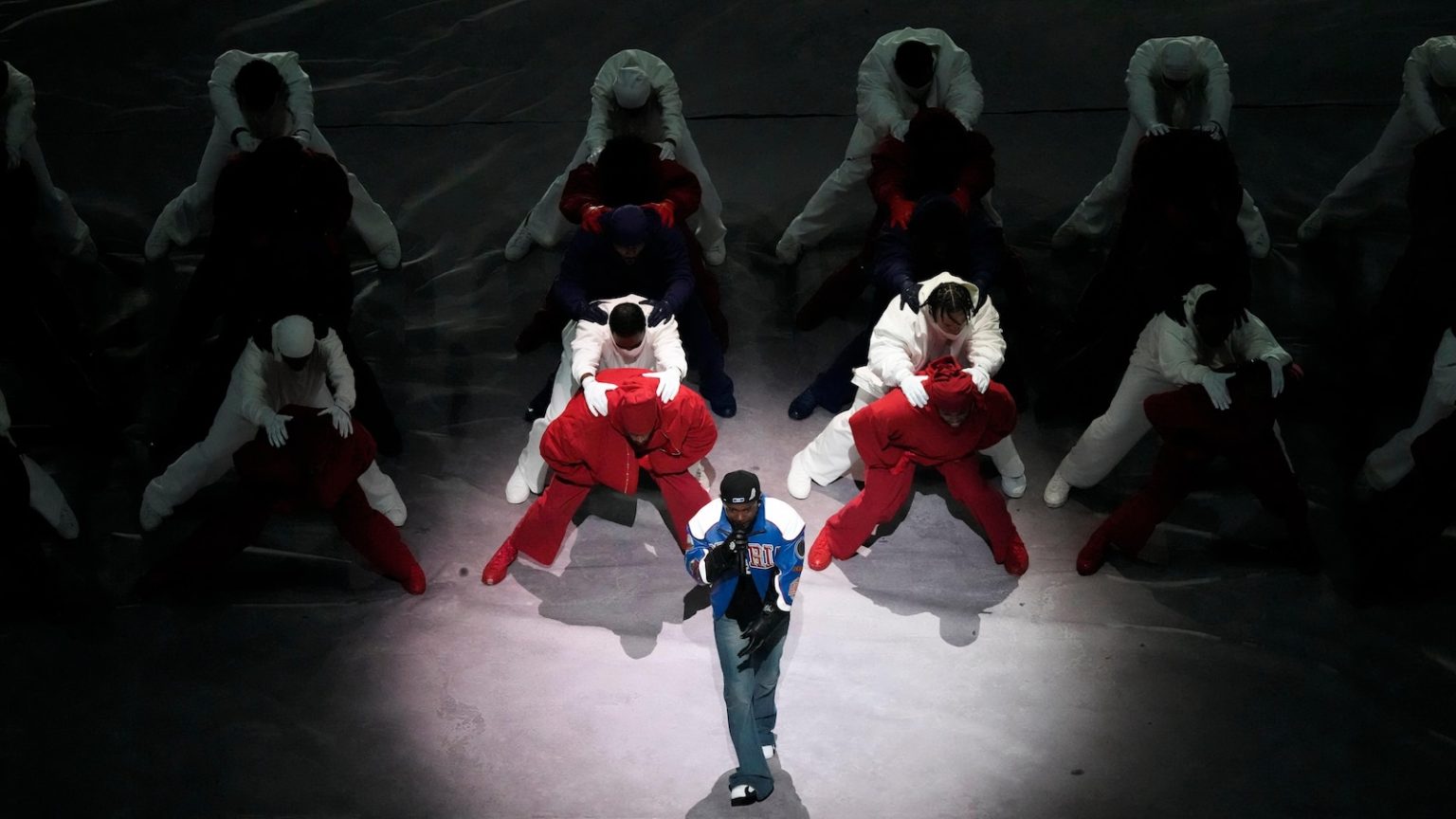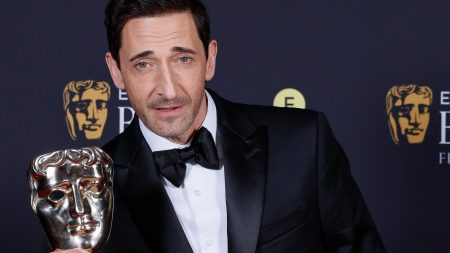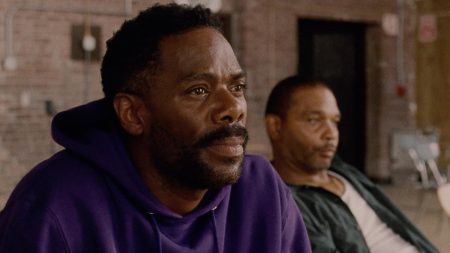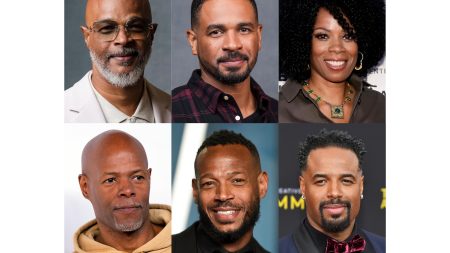Salutations!
The 2025 Super Bowl halftime show was nothing short of historic, as Pulitzer Prize-winning rapper Kendrick Lamar became the first solo hip-hop artist to headline the coveted slot. The performance, held at the Caesars Superdome in New Orleans, was a powerful testament to Lamar’s ability to captivate audiences and push boundaries. The show began with a striking introduction by actor Samuel L. Jackson, dressed as Uncle Sam, who set the tone with a commanding presence. As Lamar took the stage, he wasted no time proving why he remains one of the most influential figures in music today.
A Dazzling Performance
Lamar’s 13-minute set was a masterclass in creativity and storytelling. The performance kicked off with a teaser of an untitled new song from his album GNX, followed by a high-energy rendition of “Squabble Up.” Dancers dressed in red, white, and blue joined him on the field, embodying the patriotic hues of the occasion. However, even as they celebrated American culture, Jackson’s Uncle Sam character interrupted with a stark reminder: “Too loud, too reckless, too ghetto,” he said, urging Lamar to “play the game.” This moment of tension was emblematic of the duality Lamar often explores in his music—celebrating identity while critiquing systemic oppression.
A Night of Collaborations
The halftime show also highlighted Lamar’s ability to blend solo artistry with collaboration. SZA, a frequent collaborator and fellow artist on his GNX album, joined him on stage for performances of “Luther” and “All the Stars.” Their chemistry was undeniable, and their presence together served as a reminder of the power of artistic partnership. Additionally, Lamar brought out producer Mustard and delighted fans by incorporating a special appearance by tennis legend Serena Williams, who was spotted crip walking to one of his tracks. These moments of unity and celebration underscored Lamar’s commitment to lifting up others in the industry while asserting his own dominance.
A Rallying Cry: “Not Like Us”
One of the most anticipated moments of the night was Lamar’s performance of “Not Like Us,” a song that has become a cultural phenomenon. With over a billion streams on Spotify, the track is not only a regional anthem for Los Angeles but also a bold statement against cultural appropriation and a rallying cry for community. The song’s lyrics, which directly address his highly publicized feud with Drake, sparked speculation about whether Lamar would perform it live. Despite the legal implications—Drake has sued Universal Music Group for defamation over the song’s lyrics—Lamar delivered a powerful rendition, omitting the word “pedophiles” from the original lyrics. The decision to perform “Not Like Us” on such a massive stage was a bold move, further cementing its place in pop culture history.
A Super Bowl Veteran
This was not Lamar’s first time gracing the Super Bowl stage. In 2022, he performed alongside Dr. Dre, Snoop Dogg, Mary J. Blige, 50 Cent, and Eminem in a medley of hip-hop classics. His return to the Super Bowl as the solo headliner marked a full-circle moment, showcasing his growth and enduring influence. Lamar’s ability to deliver a performance that was both personal and universally resonant speaks to his genius as an artist. As he said in a statement when he was first announced as the halftime performer, “Rap music is still the most impactful genre to date, and I’ll be there to remind the world why. They got the right one.” Sunday evening, he proved that once again.
A Victory Lap for Kendrick Lamar
The 2025 Super Bowl halftime show was more than just a performance—it was a victory lap for Kendrick Lamar. Fresh from his historic Grammy wins for Song and Record of the Year, Lamar used the platform to reaffirm his status as a cultural leader. His setlist was a testament to his versatility, blending new material with fan favorites like “Humble.,” “DNA.,” and “Euphoria.” The inclusion of “Not Like Us” was a strategic choice, ensuring that his message of empowerment and resistance reached the largest audience possible. As Lamar continues his reign in the music industry, this performance will undoubtedly be remembered as a defining moment in his career—and in the history of hip-hop.
In every way, Kendrick Lamar reminded the world why he remains a visionary and a trailblazer. His performance was not just entertainment; it was a statement, a celebration, and a call to action. And as he left the stage, it was clear that this was only the beginning of what promises to be an extraordinary chapter in his legacy.















